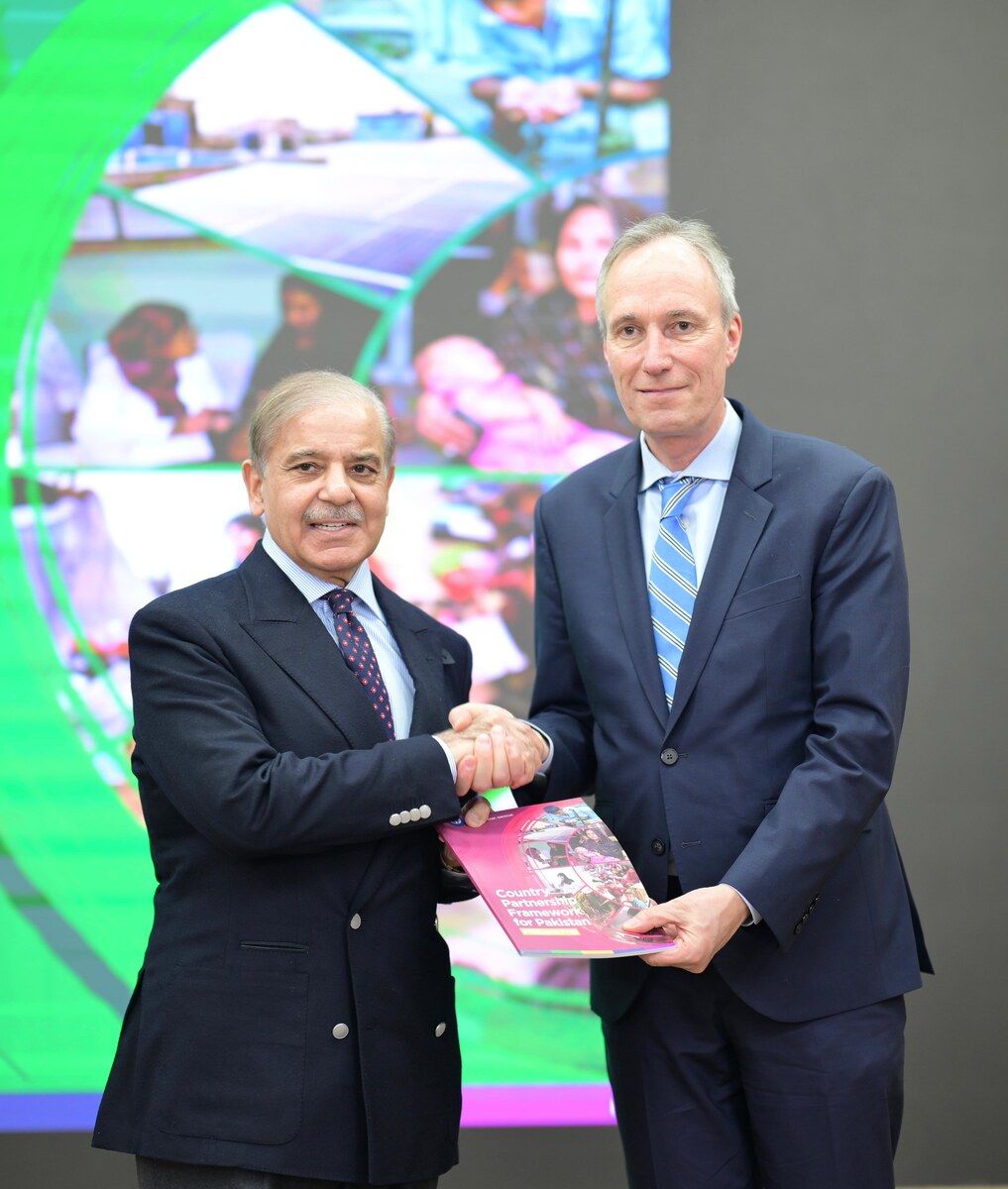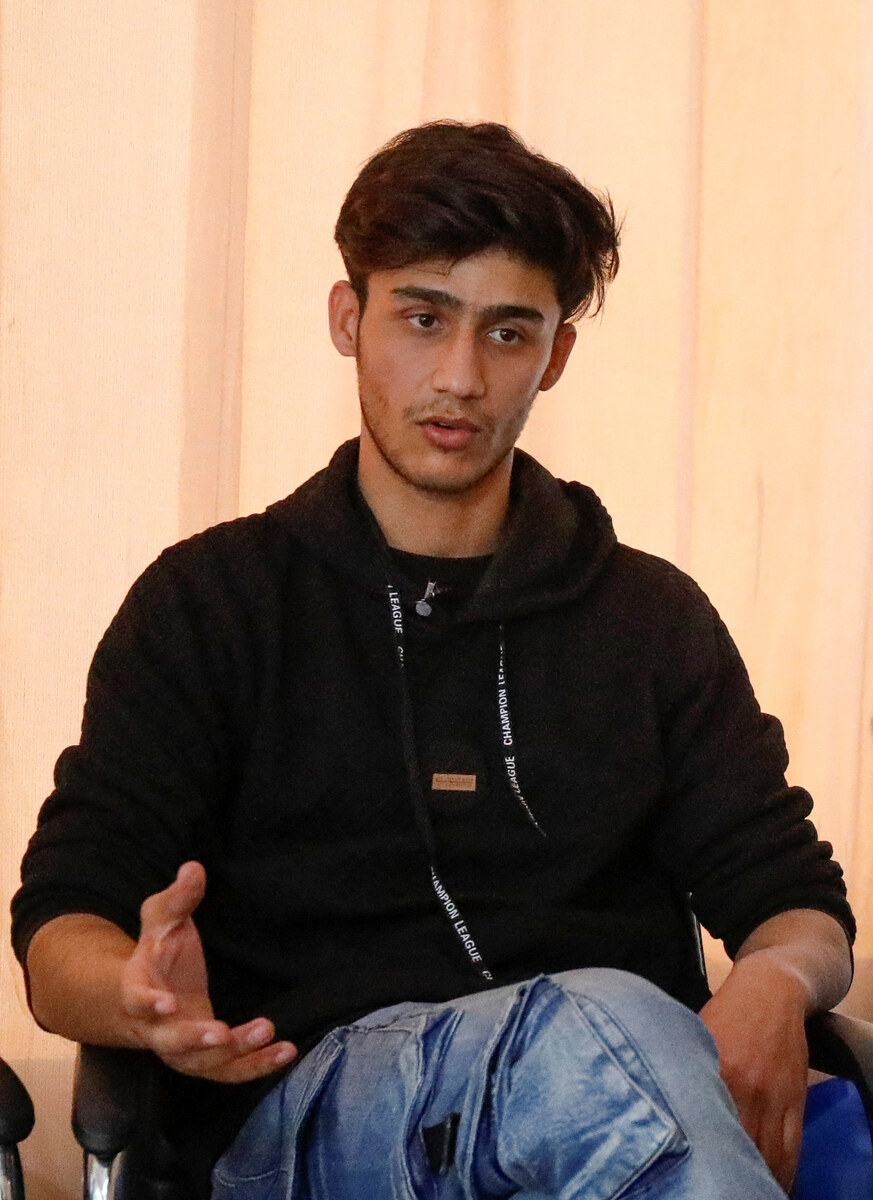ISLAMABAD: Farrukh Habib, state minister for information and broadcasting, said on Friday the government was waiting for journalists’ associations to nominate their representatives for a joint action committee formed after protests this week against the proposed Pakistan Media Development Authority (PDMA) law.
The government announced in June it was planning to dissolve all existing media regulators and form a single authority to oversee films, electronic, print and digital media, including web TVs, over-the-top content platforms and news websites. Under the new law, special tribunals would be established to try media-related cases.
The proposal has rattled journalists and rights advocates who say they fear it will be used to stifle dissent and institutionalize censorship, but the government says the law aims to check against misinformation.
After journalists from around the country camped outside the parliament building in Islamabad to protest the proposed law this week, the government announced it was setting up a joint action committee comprising representatives from the All-Pakistan Newspapers Society (APNS), Pakistan Broadcasters Association, Council of Pakistan Newspaper Editors, Pakistan Federal Union of Journalists (PFUJ), Association of Electronic Media Editors and News Directors (AEMEND), and the Ministry of Information and Broadcasting.
“We are waiting for names from stakeholders,” Habib told Arab News on Friday. “They will give names and then the committee will start its work.”
When asked if the government had shelved its plans to introduce PMDA after recent negotiations with media bodies, the minister responded:
“It’s mutually agreed to work on fake news, media workers rights and to improve laws and regulatory framework.”
Heads of media bodies in Pakistan interviewed by Arab News said they were willing to work with the government to improve the news industry and help amend existing media laws but only after the government had agreed “in principle” to shelve the proposed PDMA law after this week’s negotiations.
“It has been agreed in principle by both the parties [media organizations and the government] that no umbrella bill will be introduced,” Shahab Zuberi, APNS vice president, told Arab News on Thursday. “We all will give suggestions to the government regarding social media laws and other matters like job security of journalists.”
Zuberi said the joint action committee was expected to be constituted in the next “couple of days” after all media organizations nominated their representatives.
“We are ready to extend all our support [to the government] in amending the existing media laws,” he said.
A leading association of working journalists, however, expressed its reservations over the government’s handling of the issue, though it said it would join the consultations.
“We are not satisfied [with the idea of establishing the committee] and not ready to trust the government, but it is a good development that the government has gone on the back foot,” Nasir Zaidi, PFUJ secretary general, told Arab News.
He said working journalists were ready to cooperate with the government to help improve existing laws related to service structure and other matters: “The laws can be improved through inclusive discussions and consensus [of all stakeholders].”
Zaidi said the PFUJ would share its opinion regarding amendments to existing laws during the stakeholders’ consultations: “Laws are meant to facilitate [journalists] not oppress them,” he said.


















